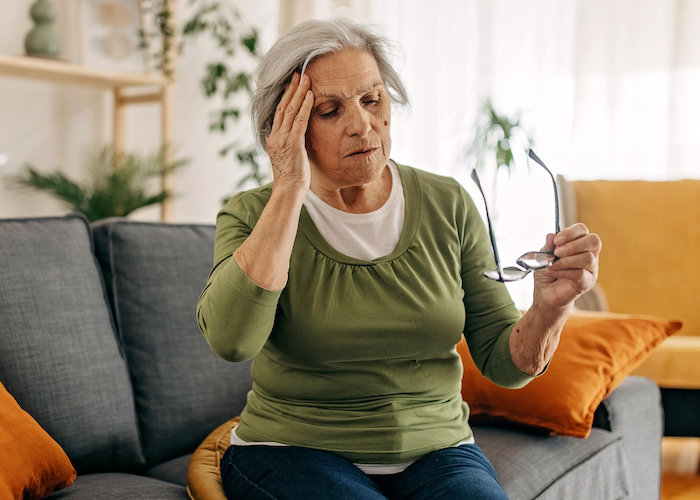Act Swiftly if You Think You Might Be Having a Stroke
May 16, 2024
 A stroke occurs when the blood supply to the brain is disrupted, either by a blood clot blocking an artery (ischemic stroke) or when a blood vessel bursts (hemorrhagic stroke). Immediate medical attention is essential to minimize damage and improve the chances of recovery.
A stroke occurs when the blood supply to the brain is disrupted, either by a blood clot blocking an artery (ischemic stroke) or when a blood vessel bursts (hemorrhagic stroke). Immediate medical attention is essential to minimize damage and improve the chances of recovery.
Ralph Gonzalez, MD, a neurologist at Manatee Memorial Hospital, identifies six warning signs of possible stroke to help you recognize and respond promptly in the case of an emergency.
- Sudden Weakness or Numbness: This can be seen as drooping of the face, weakness in an arm or leg, or difficulty in moving one side of the body.
- Trouble Speaking or Understanding Speech: Individuals may experience slurred speech, difficulty in finding the right words, or confusion when trying to understand others.
- Vision Problems: Blurred vision or sudden loss of vision in one or both eyes can indicate a stroke.
- Severe Headache: A sudden headache, often described as the worst of one's life, can be a warning sign, especially if it occurs without any apparent cause.
- Dizziness or Loss of Balance: Challenging to walk or stand steadily.
- Trouble Walking: Difficulty walking or sudden loss of coordination, similar to being very drunk, can be a sign of a possible stroke.
Think B.E.F.A.S.T.
Recognizing the signs of possible stroke and acting swiftly is crucial for minimizing brain damage and improving outcomes. The acronym B.E. F.A.S.T. is a way to remember what to look for and what to do.
- Balance: Is the person experiencing dizziness or having trouble walking?
- Eye: Is the person having trouble seeing in one or both eyes?
- Face Drooping: Ask the person to smile. Is one side of their face drooping?
- Arm Weakness: Ask the person to raise both arms. Does one arm drift downward?
- Speech Difficulty: Ask the person to repeat a simple phrase. Is their speech slurred or strange?
- Time to Call 911: If you observe any of these signs, it's time to call 911 immediately.
At the Stroke and Cerebrovascular Center at Manatee Memorial Hospital, stroke patients receive specially designed services and treatments which focus on prevention and intervention, as well as rehabilitation and education.
